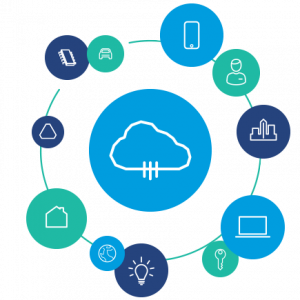Remote Maternity Care is a solution for safely monitoring a baby’s heart rate and uterine contraction activity at home. Using mobile devices, patients can perform non-invasive CTG tests at any time and in any place. Data are automatically transferred to the dedicated e-Care Remote Maternity Care Center for a detailed analysis. Medical staff interpret the test results within the framework of dedicated procedures, and take action where any risk to the health or life of patient or baby is identified.
 Remote Maternity CareTelemedical Cardiotocography performed at home
Remote Maternity CareTelemedical Cardiotocography performed at home



